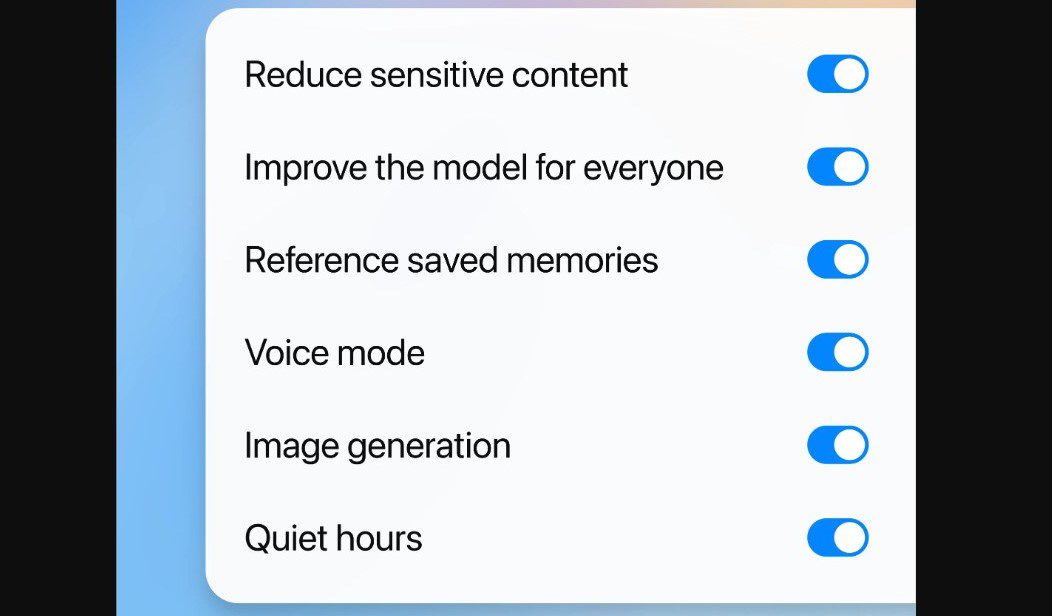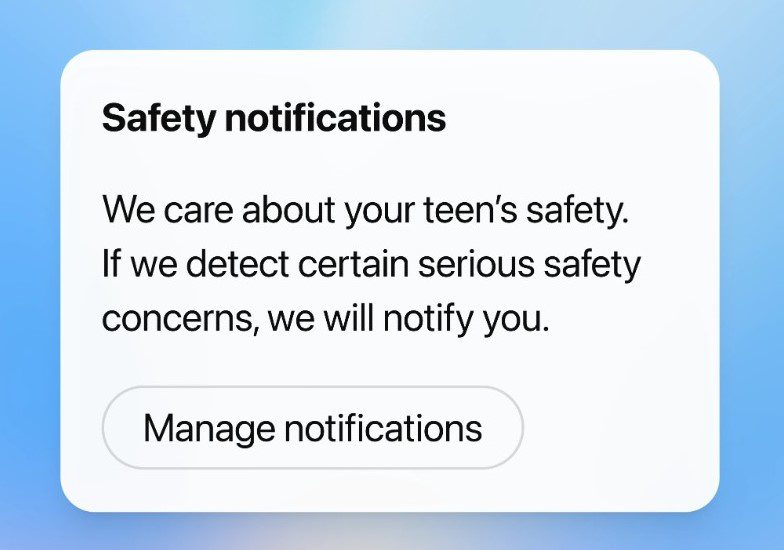







































How to activate parental control on ChatGPT and link to teen account
 JPMORGAN
JPMORGAN
 X
X
 WHEN
WHEN
 X
X
 NOTE
NOTE
OpenAI is rolling out parental controls on ChatGPT today. According to the company, the feature will start rolling out to all users on the web and mobile on a later date.
In an X (formerly Twitter) post on Monday, the ChatGPT owner said that the parental control feature is an attempt to safeguard teenagers on the chatbot. It also stems from various concerns that question the absence of security measures on the platform.
With the feature, parents will connect to their kids’ accounts. This gives them access to monitor their kids’ chat history, manage how the chatbot responds and get notified upon detection of red flags during use.

Notably, OpenAI’s move to roll out this feature was triggered by a recent development. Parents of a 16-year-old Adam Raine sued OpenAI, alleging that the company’s ChatGPT chatbot encouraged their son’s self-harm and provided detailed guidance on methods of suicide.
Aside from ChatGPT, the public has raised concerns over the contribution of chatbots to rising cases of self-harm among teenagers.
“We’ve worked closely with experts, advocacy groups, and policymakers to help inform our approach—we expect to refine and expand on these controls over time,” OpenAI said in the X post, in response to efforts to protect and regulate teens’ usage of ChatGPT.
Also Read: How to activate parental supervision for Facebook teen accounts.
What you should know about ChatGPT’s parental control feature
The parental feature creates the avenue for parents and teens to link accounts. This gives parents access to tools that adjust certain features, set time limits, and add safeguards with respect to their preferences.
Explicitly, parents can reduce sensitive content for their kids. Once this is activated, teens will automatically get additional content protections, such as graphic content. Another is the Memory feature. When off, the chatbot won’t save or use previous chats or memories in responses.

Parents can also set a time limit for their kids on the chatbot with the Quiet Hours feature. The Voice mode feature disallows teens from using the voice feature when switched on. Other features are model training and image generation.
Meanwhile, parents don’t have access to read their teen’s conversation except in rare cases when ChatGPT detects possible signs of serious safety risks. In such cases, parents will receive notification (via email, SMS and/or push notifications) with information needed to support their teen’s safety.
How to set up parental control
To set up the safety feature on ChatGPT and link to your teen,
Step 1: Log in to your ChatGPT account or sign up if you don’t have an account.
Step 2: In ChatGPT settings, go to parental controls or visit here.

Step 3: Under the feature, follow the simple prompt and invite your teen to connect by email or text.
Step 4: Once your teen accepts and the accounts are linked, you will receive a notification.
Step 5: You can adjust their settings, based on the features, from your account.

Note that teens can unlink accounts anytime without the parent’s consent. However, the parent will be notified if the accounts are no longer connected.
Why this is important
With about 800 million people, or roughly 10% of the world’s population, using ChatGPT, according to a July report from JPMorgan Chase, concerns surround how safe the chatbot can be going forward. While it has been helpful in reasoning and providing insights in complex situations, the rising dangers are overshadowing its positives.
Moreover, studies have shown that the chatbot will instruct teens on how to conceal eating disorders and even compose a heartbreaking suicide letter to their parents if asked. The researchers added that more than half of ChatGPT’s 1,200 responses were dangerous.
The prevailing conversations make it necessary for OpenAI to incorporate parental control. This also marks a wake-up call for developers to redefine the response strategies and place safety over popularity.
Aside from chatbots, teen safety on social media is also gaining traction. Meta’s Facebook rolled out a feature where parents can gain oversight on their teen’s account.
With the widespread adoption of social media by teenagers, it has become necessary to implement safety measures and protection practices.

